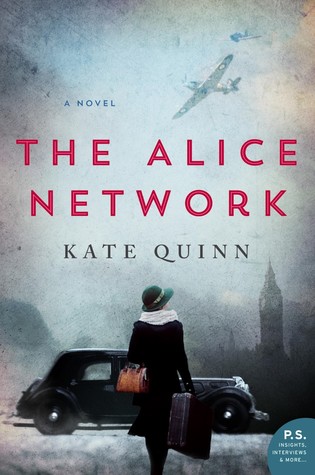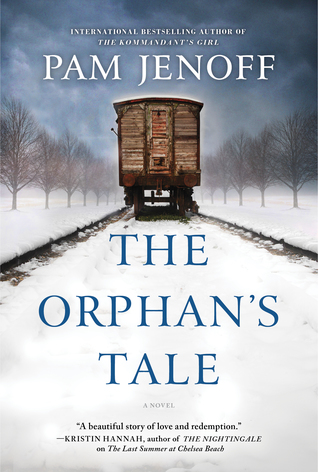 "A woman's duty: To look the whole world in the face with a go-to-hell look in her eyes, to have an ideal, to speak and act in defiance of convention."
"A woman's duty: To look the whole world in the face with a go-to-hell look in her eyes, to have an ideal, to speak and act in defiance of convention."
And that is what Margaret Sanger did. She looked everyone in the face with a go-to-hell look in her eyes, and she spoken and acted in defiance of convention. Having watched her mother die older before her time, having raised 13 children, lost about 5, Margaret both loved and hated her mother. She loved her mother yet was disgusted with what her mother was, with what she let herself be: a broodmare...a baby incubator.
This novel is told in the first person, as though Margaret is looking back on her years and her life, her goals, trials, losses, loves. Personally, I loved it. First-person writing can make or break a book. In this case, it worked. The writing was engrossing; the memories were vivid. I never felt as though they were being narrated to me, but that I was living them myself.
I went with her from being called a devil's child and falling over her feet in the woods to her first marriage and the birth of her three children and the battles she fought inside herself between what she should want (what society told her she should want...a loving husband, a nice house, three adorable children) and what she really wanted (free love with whomever she pleased, a basic place in the middle of artists and socialists, and her main child: the birth control movement.
She takes on lovers and never hides who she is. She neglects her children for her one great passion. In her mind, it's better to deprive three than to let thousands of women and unwanted children everywhere suffer. And yet, she suffers herself later.
And was she a Nazi? No. We find later in the novel how that accusation came to pass and that it was a misunderstanding, a twisting of events, a misinterpretation.
I learned so much about this woman, this champion of all women. The only thing I didn't like about the novel was how vague it was about early contraception. Up until 65%, Margaret kept preaching the importance of family limitation yet didn't really offer a solution for it. This came later, after her Europe travels...but in the meantime, like all the women writing her desperate letters, I kept wondering, "What exactly are you wanting the women to do?? French letters are not affordable."
But eventually she got there, with her little possets, or womb veils. And she went to jail, albeit briefly, for her beliefs...and her sister was never the same, as she went to jail too and had a hunger strike.
But she got there...and as a result, ladies, we got there. Us modern women have the means as well the right to choose.
We can thank Margaret for that. I highly recommend reading this novel.
I purchased it via Amazon.
 Amazing. Just when I thought I'd read every type of WWII story out there..and I think I can no longer be surprised, I am. This novel is riveting, thrilling, suspenseful, heartwarming, and funny! I fell in love with the characters, felt what they were feeling, cheered and cried with them.
Amazing. Just when I thought I'd read every type of WWII story out there..and I think I can no longer be surprised, I am. This novel is riveting, thrilling, suspenseful, heartwarming, and funny! I fell in love with the characters, felt what they were feeling, cheered and cried with them.


